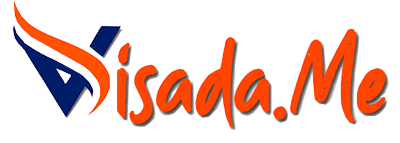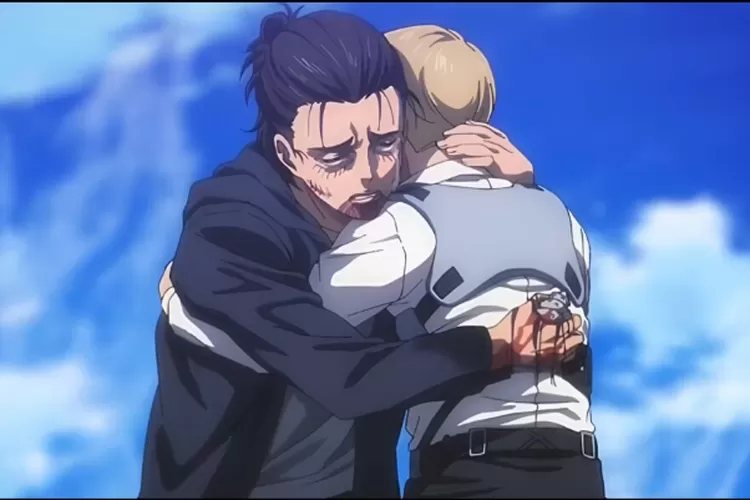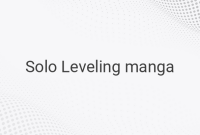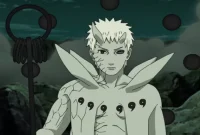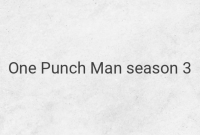After ten years of captivating audiences, Attack on Titan: The Final Chapters brought the beloved anime series to a close. However, the final chapter of the original Attack on Titan manga left fans divided and sparked intense debates due to its controversial narrative and themes. While the manga’s ending confirmed critics’ concerns about its nihilistic and conservative nature, the anime adaptation made subtle but significant changes to address the controversies and improve the story.
One of the key criticisms of the manga’s ending was its portrayal of underlying fascism in Attack on Titan. The manga emphasized militarism and isolation as responses to potential conflicts, revealing a troubling perspective on governance and societal structure. This revelation sparked disappointment among fans who had defended the manga throughout its run.
Fortunately, the anime version took a different approach. While remaining faithful to the source material overall, the anime made small yet meaningful changes to the story. One notable change was the portrayal of the survivors post-Rumbling, as they actively contributed to humanitarian efforts. This alteration added depth to the narrative and provided a more balanced representation of characters and their roles in the aftermath of the story’s climactic events.
Furthermore, the interactions between Eren and Armin underwent significant changes in the anime adaptation. These alterations helped present a more nuanced perspective on their relationship and added layers of complexity to their motivations and actions. The revised final chapter may not have affected major events, but it certainly altered the overall message and concept of the story.
Perhaps the most significant difference between the manga and anime is the treatment of the protagonist, Eren. In the manga, Eren’s character leans towards a more nihilistic and assertive approach, disregarding the consequences of his actions. However, the anime provides a more self-aware portrayal of Eren, avoiding the nihilistic tendencies and instead presenting a character who grapples with the weight of his choices.
The anime’s departure from the manga’s ending reflects a broader trend in storytelling. Anti-heroes like Eren are often allowed to perform terrible actions due to their past suffering. However, the revised final chapter of Attack on Titan offers a more reflective and nuanced perspective on the story, highlighting the importance of accountability and questioning the morality of extreme actions.
Ultimately, the controversies and criticisms surrounding the final chapter of Attack on Titan prompted the author, Hajime Isayama, to make revisions and apologize to readers. This demonstrates the power of fandom and the impact of storytelling choices. The key takeaway from this debate is that the final chapter of Attack on Titan raises important discussions about its themes and narrative choices.
In conclusion, the release of the final chapters of Attack on Titan marked the end of a ten-year-long anime series. However, the controversial nature of the manga’s ending and the subsequent changes in the anime adaptation ignited debates among fans. While the original ending confirmed concerns about the story’s nihilistic and conservative nature, the anime provided a more reflective and balanced perspective. By addressing criticisms and making meaningful revisions, Attack on Titan raised thought-provoking questions about its themes and narrative choices, leaving a lasting impact on its audience.
